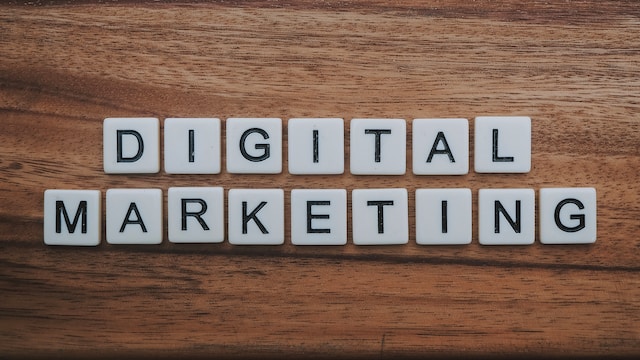In the digital age, content marketing has become a cornerstone of successful online strategies. Whether you’re a seasoned marketer or a newbie in the field, having the right toolkit of resources can make a significant difference. In this blog post, we’ll explore the essential resources for content marketing, providing an unbiased view of their potential benefits and limitations.
1. Keyword Research Tools
Benefit: Keyword research tools help you identify the words and phrases your target audience is searching for. This information is invaluable for optimizing your content to reach the right audience.
Limitation: Keyword tools provide data, but interpretation and effective use require a deep understanding of your specific market and audience.
2. Content Management Systems (CMS)
Benefit: A good CMS streamlines content creation, publication, and management. It offers user-friendly interfaces and helps maintain a consistent online presence.
Limitation: CMS selection can be overwhelming, and not all platforms may suit your needs. Implementation and customization may require time and resources.
3. Social Media Scheduling Tools
Benefit: Scheduling tools like Buffer and Hootsuite enable you to plan and manage your social media content, ensuring a consistent posting schedule.
Limitation: Automation is efficient, but you must still engage with your audience in real-time to foster connections and address immediate concerns.
4. Email Marketing Platforms
Benefit: Email marketing remains a powerful channel for engaging with your audience. Platforms like Mailchimp and Constant Contact allow you to send targeted messages and measure performance.
Limitation: Effective email marketing requires building and maintaining a quality subscriber list and crafting engaging content.
5. Analytics and Reporting Tools
Benefit: Analytics tools such as Google Analytics provide insights into your content’s performance. They help you track key metrics like website traffic, conversion rates, and audience behavior.
Limitation: Data analysis can be complex, and making actionable decisions based on the insights may require expertise.
6. SEO Resources and Tools
Benefit: SEO resources help improve your content’s visibility on search engines. They guide you in optimizing content, meta tags, and URLs.
Limitation: SEO is a dynamic field with evolving algorithms, making it crucial to stay updated and adapt your strategy accordingly.
7. Content Creation and Editing Software
Benefit: Content creation tools like Adobe Creative Cloud and Canva enable you to design eye-catching visuals and edit videos and images.
Limitation: Learning to use complex design software can be time-consuming, and it might not be necessary for all content marketers.
8. Blogging and Content Publishing Platforms
Benefit: Blogging platforms such as WordPress and Medium offer user-friendly solutions for publishing and sharing your content with a wide audience.
Limitation: While these platforms simplify publishing, building an audience and standing out among the competition can be challenging.
Conclusion
Building the ultimate content marketing toolkit involves careful selection of resources that align with your goals, target audience, and available resources. No single resource or tool can guarantee success; the key is knowing how to leverage them effectively. Content marketing is a dynamic field, and staying informed about emerging trends and technologies is essential. Ultimately, the success of your content marketing efforts hinges on your strategy, creativity, and the value you provide to your audience.





